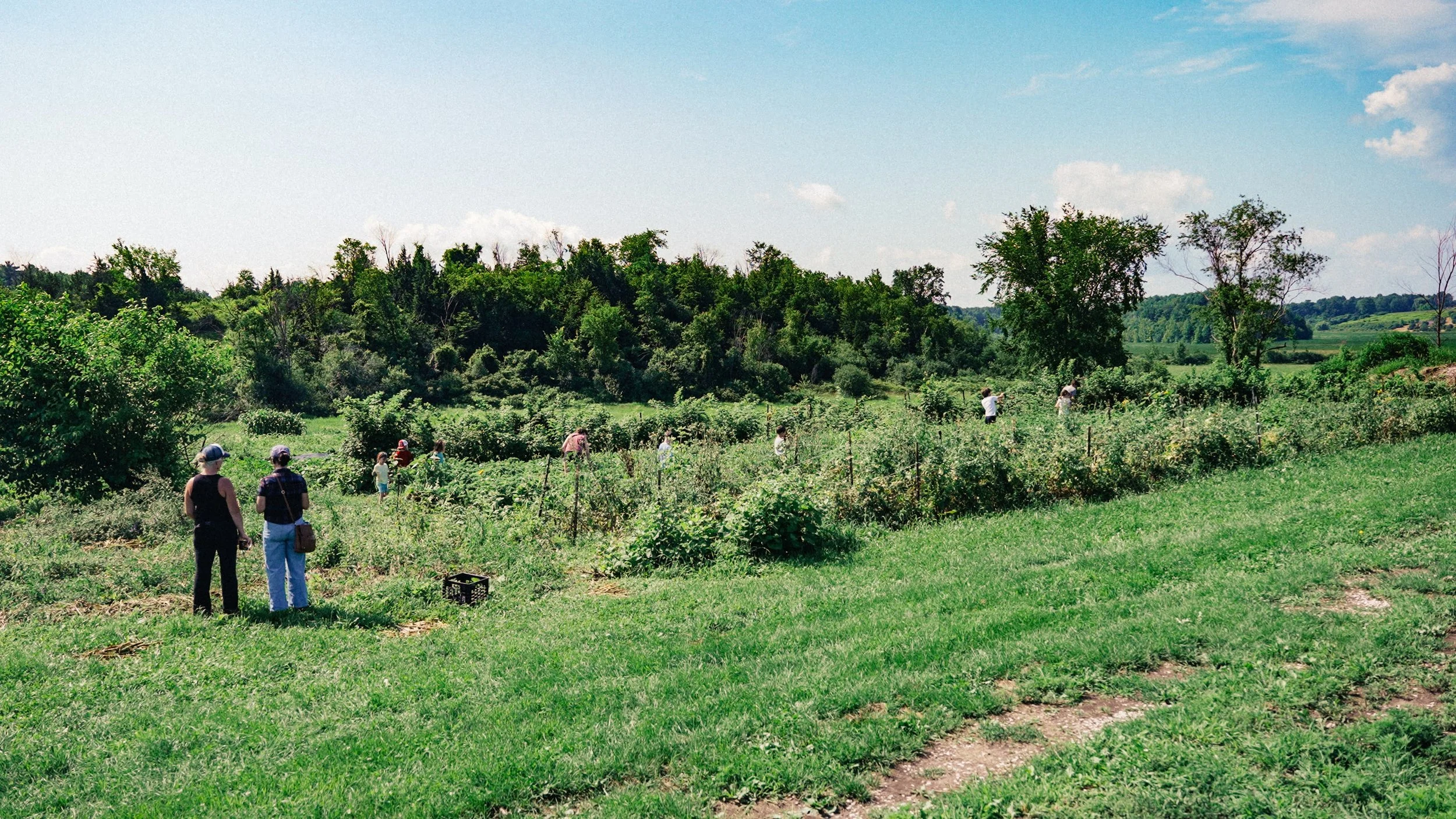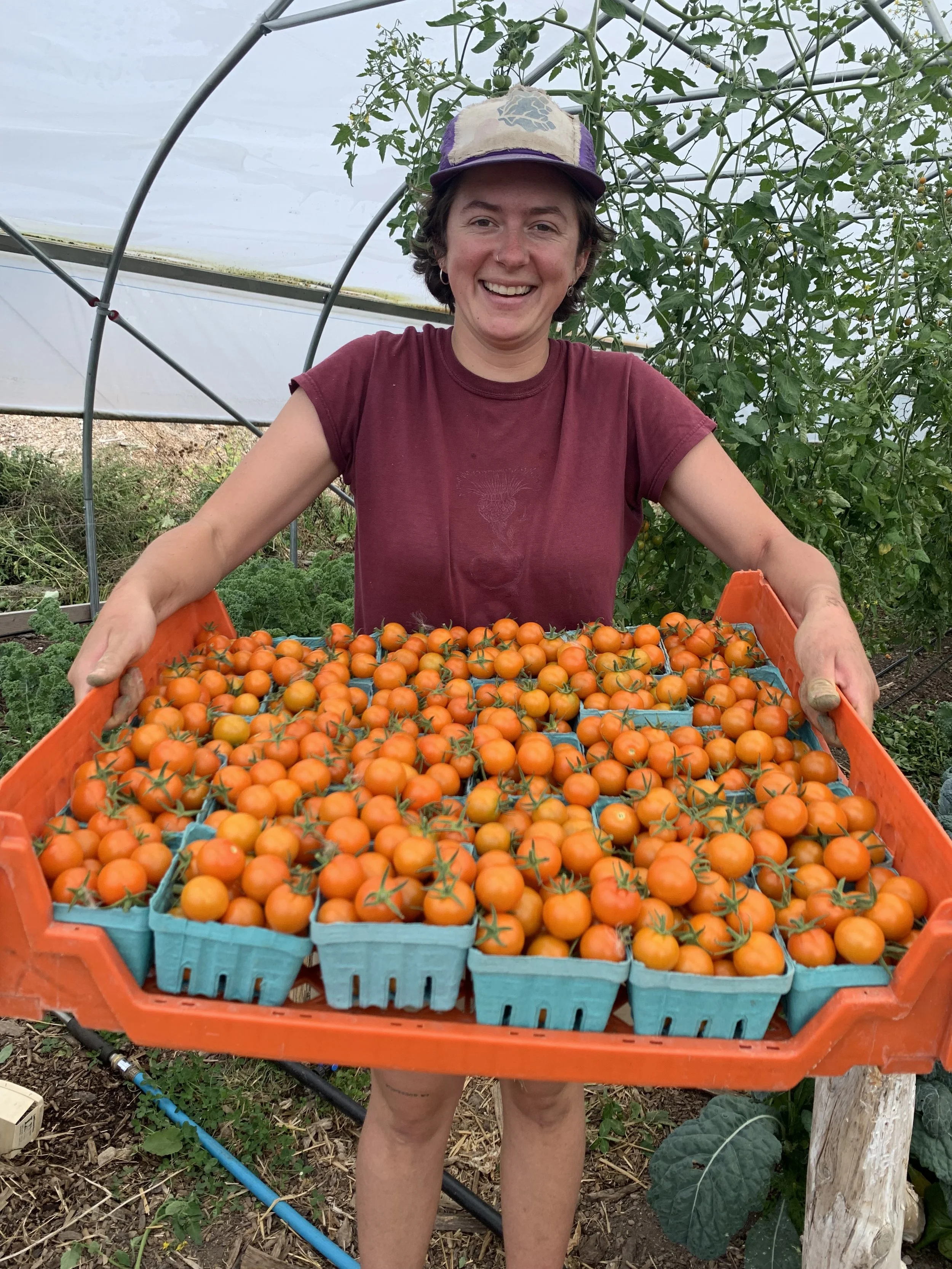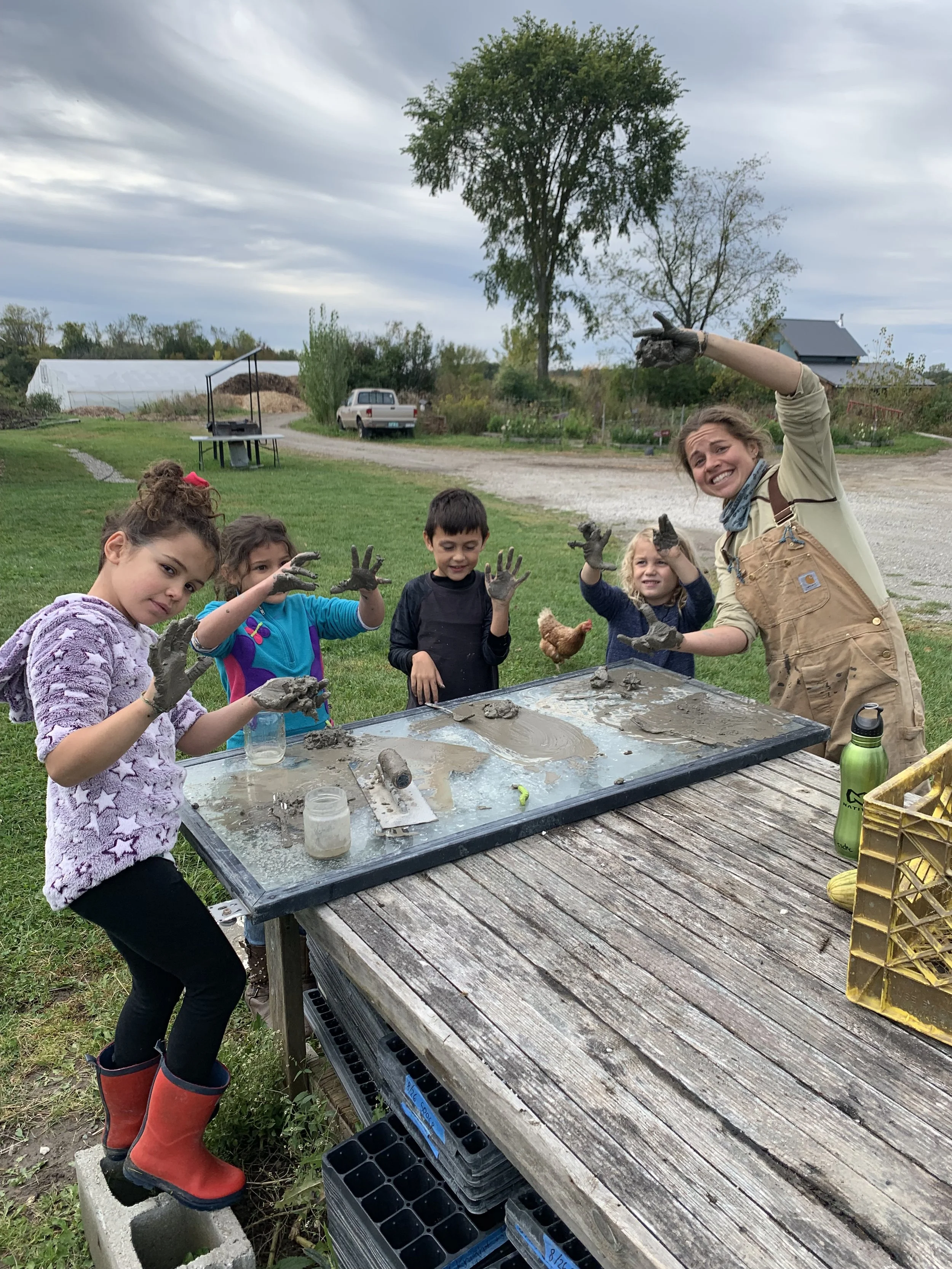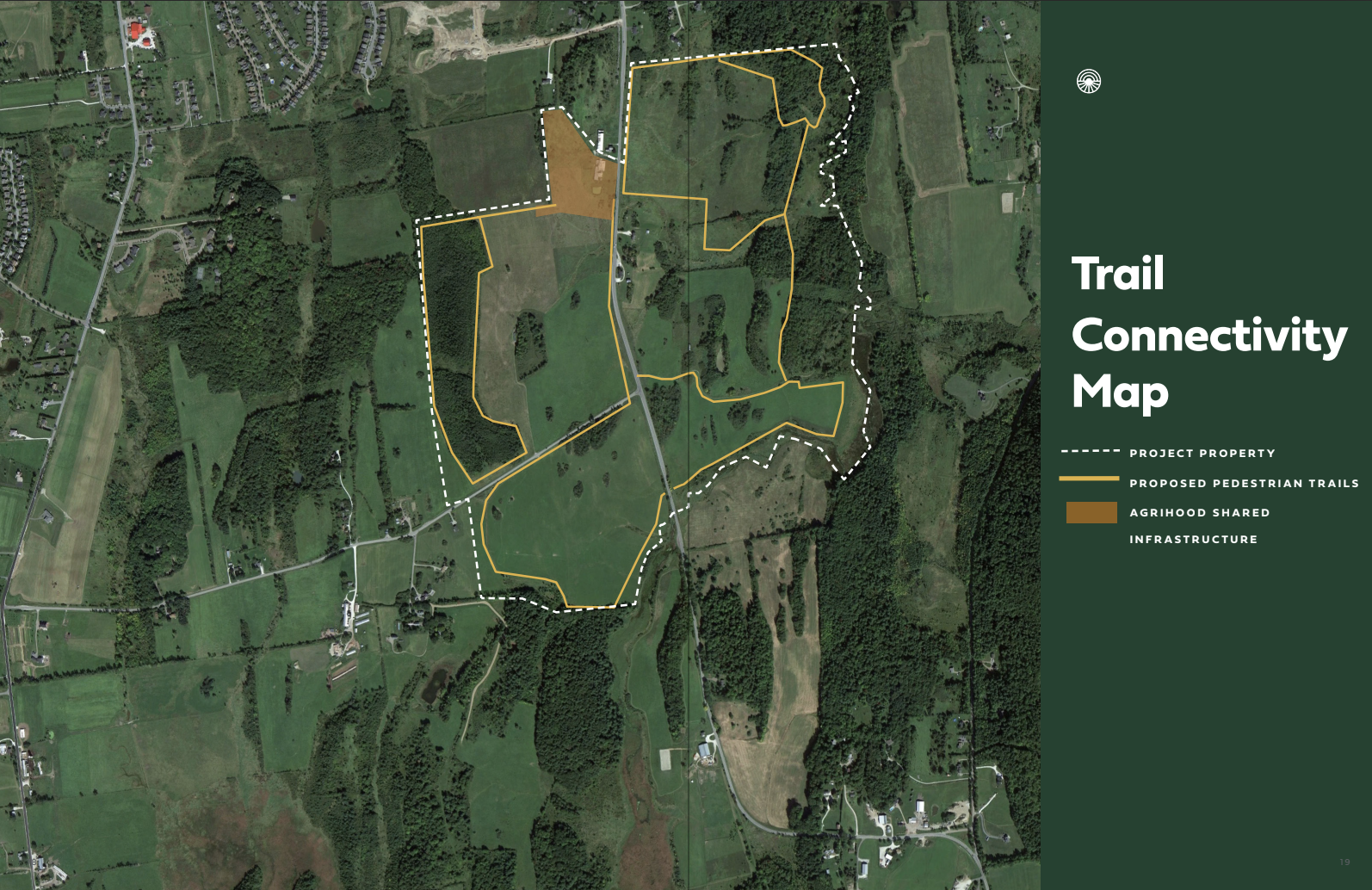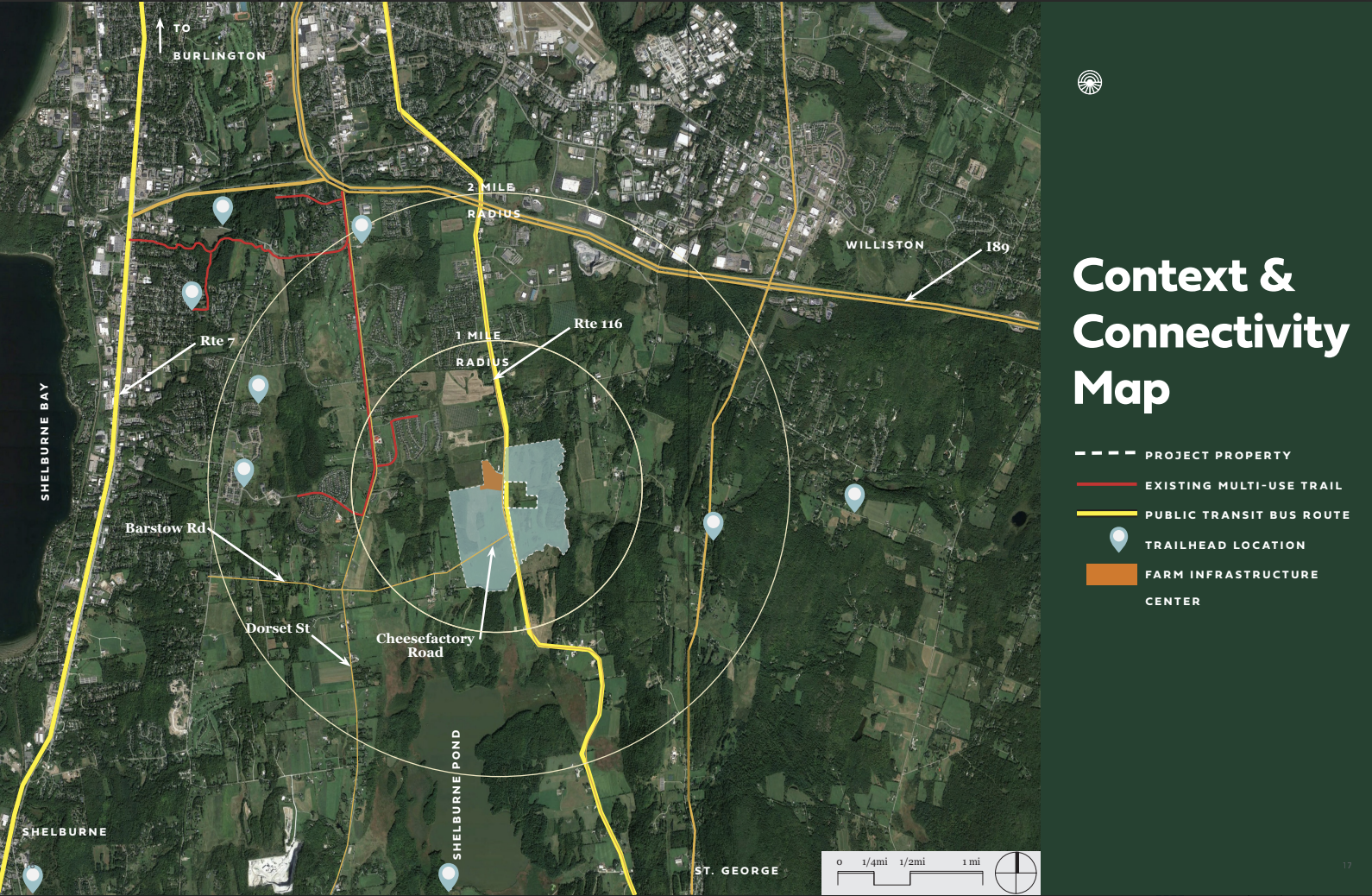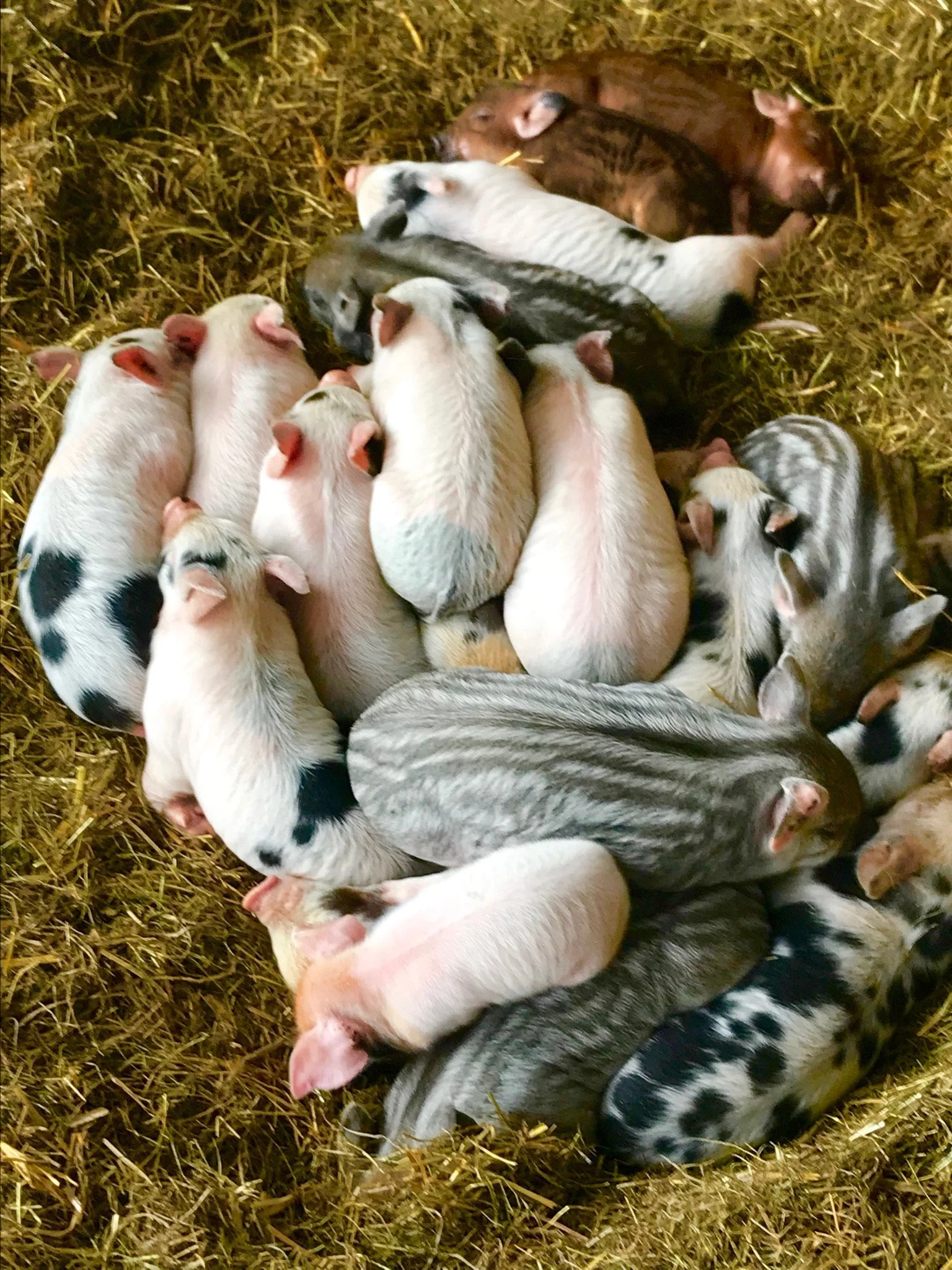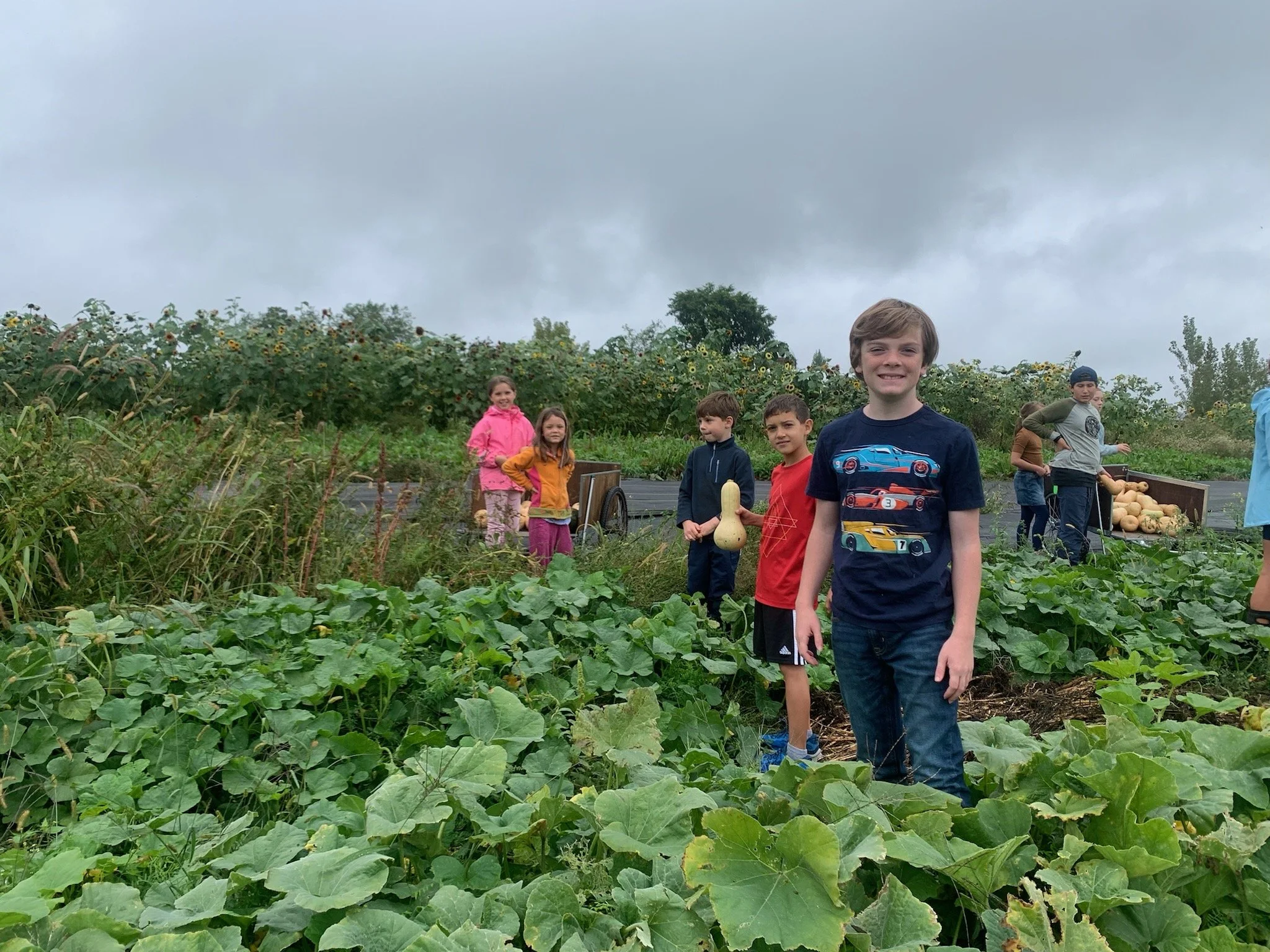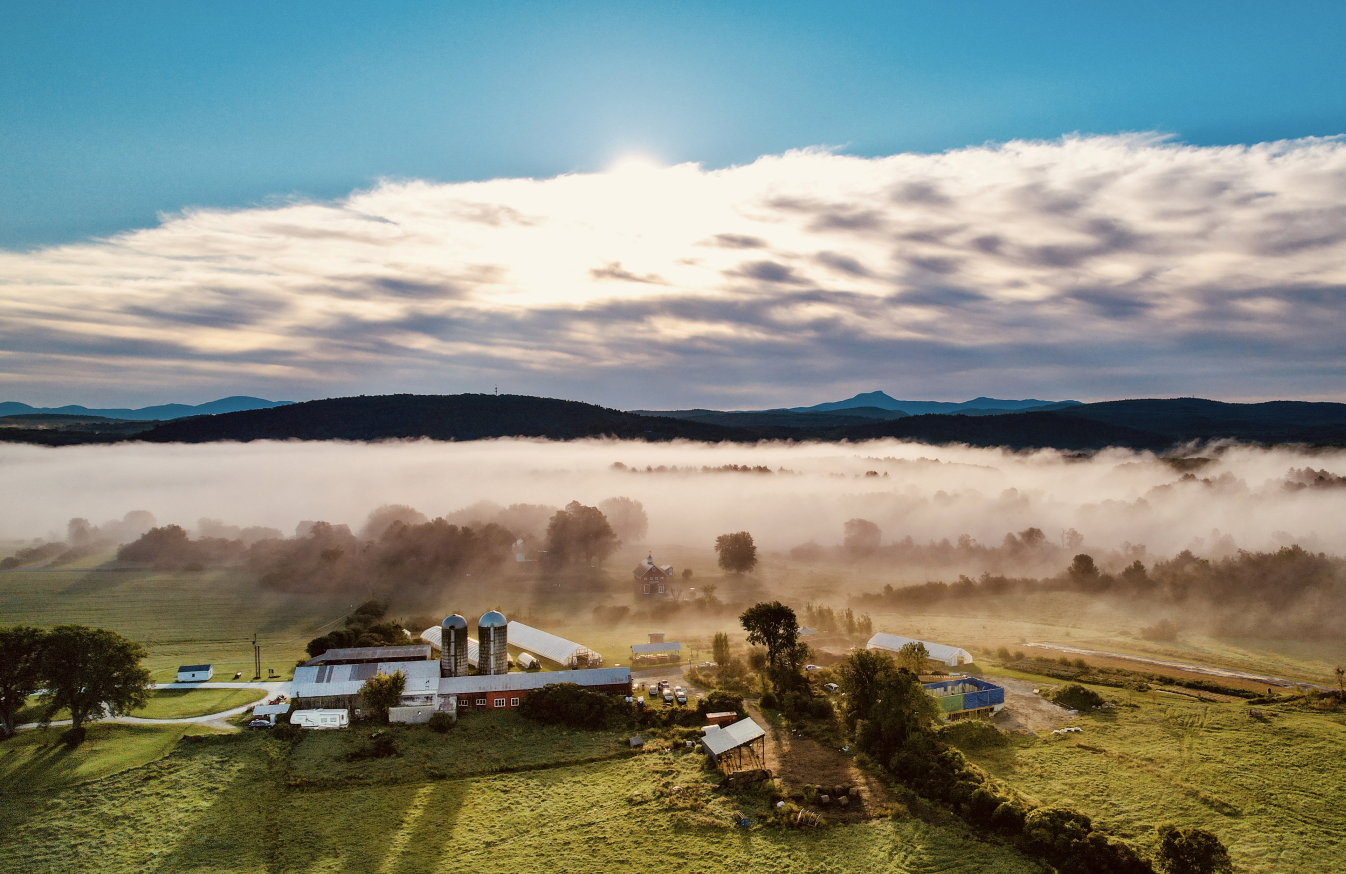
The Agrihood Collective
Growing Resilient Communities
Building healthy ecosystems with land and people.
Mission
TAC’s mission is to provide communities with quality nutrition, land-based education, and healthy ecosystems by ensuring the permanent regenerative stewardship of land and viable farm community livelihoods.
The collective is working toward a thriving and evolved form of land stewardship that addresses the needs of farmers, land-based educators, food entrepreneurs, communities and the ecosystems they’re embedded in.
Our pilot project’s goal is to acquire 360 acres of agricultural land and an additional 13 acres to develop a farm infrastructure center that supports regenerative farming
National Farm Movement
TAC is emboldened by a powerful movement gaining momentum in national food systems. Critical to the viability of our food network, the movement seeks to lift up farmers as community land stewards, promote regenerative food production, and increase access to land and food while permanently decommodifying land ownership. TAC offers a Vermont-sized model to do just that.
TAC Pilot Project
TAC offers an innovative model for farmland access and farm community collaboration, aiming to protect and enhance the positive impacts of farming in Vermont and beyond.
The collective is building an evolved form of land stewardship that addresses the needs of farmers, land-based educators, food entrepreneurs, communities, and their ecosystems.
Community Engagement and Benefits
TAC lands will directly engage and benefit the community through:
Public Recreational Trails
Providing up to 14 miles of public recreational trails that connect to a multi-city public trail system, with access via public transit.
Educational Programs
Offering year-round land-based education programs for over 500 students annually, including youth and adult learning opportunities.
Local Food Access
Expanding direct-to-consumer farm retail, Community Supported Agriculture (CSA), and on-farm events; serving over 10,000 people annually with collective food and collaboration with 30 local farms.
Agroforestry Initiatives
Participating in a 100,000-tree planting project to establish a high-diversity silvopasture and a pick-your-own stone fruit and berry orchard, creating one of the largest agroforestry systems in the Northeast.
Location
Our founding project is to provide access to 360 acres of former dairy farm land to farmers practicing bio diverse and resilient productive land stewardship, alongside an additional 13 acres designated for a comprehensive farm infrastructure center. These lands are part of a larger 600-acre block of farmland, which includes over 500 acres conserved with the Vermont Land Trust. This area is within a more than 2000-acre conservation block of forest, wetland, and farmland surrounding Shelburne Pond in the Lake Champlain Basin. Located just 6 miles from 100,000 Vermont residents and Burlington, VT, in location facing intense development and landscape fragmentation pressure, this land is central to an extraordinary conservation and regenerative stewardship initiative.
Regenerative Farming
Regenerative farming practices, such as using cover crops, rotational grazing, and agroforestry, help restore soil health and make it more productive. It helps protect clean drinking water and reduces the risk of harmful algal blooms that negatively impact the health of local ponds and lakes. It helps restore threatened biodiversity and enhance natural habitats, reduces greenhouse gas emissions by sequestering carbon in the soil, and helps secure the food supply for a growing population.
Challenges with Traditional Farm Models
To achieve TAC’s mission and ensure regenerative land stewardship and farming, the following current challenges must be addressed.
Access to Land
Rising land valuations have made it increasingly unaffordable for farmers to acquire and maintain farmland, especially near the populations they serve with food and landscape functions.
Unaffordable Infrastructure and Equipment Costs
The soaring costs of infrastructure and equipment place a significant financial burden on farm businesses, hindering their ability to make decisions that support farm profitability, healthy stewardship, and sustainable practices.
Workforce Retention
Rising housing costs and inadequate farmer and farmworker incomes have led to a critical shortage in workforce retention, making equitable livelihoods challenging to sustain.
Extreme Weather Events and Climate Resiliency
The increasing frequency and intensity of extreme weather events have severe short—and long-term impacts on farm viability when soil health is compromised and watershed functions are impaired.
Soil Degradation
Widespread soil nutrient depletion, soil compaction, and limited biodiversity have reduced farmland productivity and landscape function necessary to support a healthy local population for now and future generations.
Key Levers to Address These Challenges
TAC acknowledges that these challenges are widespread throughout Vermont and beyond, with numerous organizations and initiatives working to address them. However, TAC also identifies that access to land and infrastructure remains a critical, yet under-addressed, lever for systemic change. They are vital to the success of farm and food businesses.
Land Security
TAC secures land and ensures long-term access for farmers who commit contractually to regenerative farm management and research participation, as well as educators who offer ecological, land-based curricula. This approach continuously enhances soil, air, and water quality while producing healthy food for local communities and training for the next generation of land stewards.
Shared Key Resources and Infrastructure
TAC recognizes that permanent regenerative stewardship depends on essential infrastructure. To support this, TAC promotes affordable farm workforce housing and shared facility development, including farm markets, food processing centers, and conditioned storage buildings.
Collaboration
With a shared vision for creating more resilient local food economies, TAC is working in collaboration with existing organizations to offer solutions to the needs of modern farmers and the communities that rely on them. Learn more about TAC’s supporters here.
